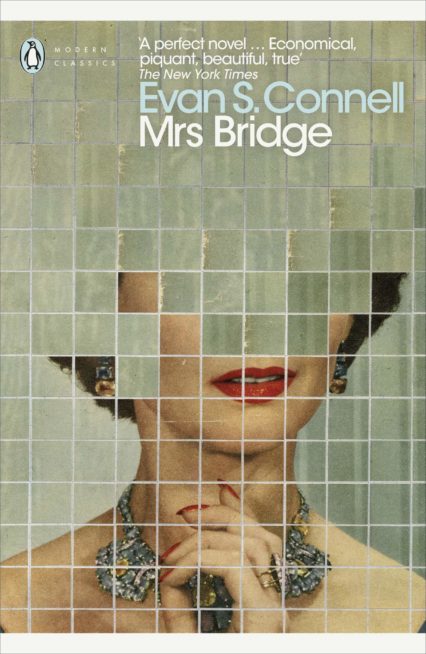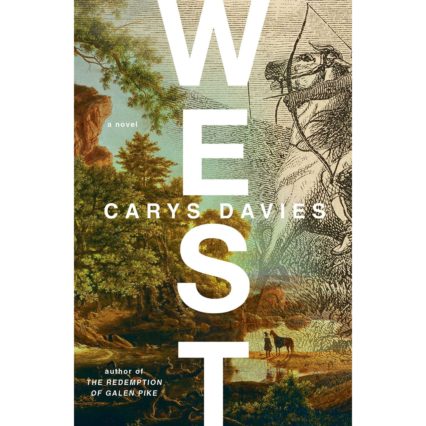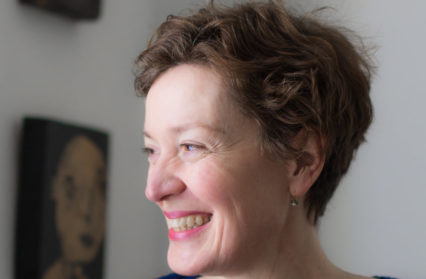Award-winning novelist and short story writer Carys Davies divulges her reading likes and dislikes in the latest of our Q&A series.
What books are on your nightstand?
Carys Davies: After years of allowing books to pile up beside my bed as a statement of intent, I have a new rule: one novel or one book of non-fiction at a time, and one book of poetry.
At the moment, the novel is Vikram Seth’s A Suitable Boy. I’ve been avoiding reading or re-reading fiction set in India because my own new novel takes place there, and Seth’s Tolstoyan portrait of family and politics in the wake of Indian Independence and Partition feels like a reward for abstinence. Light-footed and funny, sharply satirical and minutely observed, its chronicling of Hindu-Muslim tensions immediately after Partition has a resonance that’s eerily and chillingly contemporary.
Carys Davies: The poetry, meanwhile, is Sharon Olds’ Odes – I’ve been reading and re-reading these since the beginning of lockdown and found them such a tonic. She examines life and love with such heart-rending honesty and a complete absence of vanity, and is so funny and frank about her body. In every poem, she seems to set off without knowing where she’s going, yet time and again manages to take herself, and us, somewhere thrillingly unexpected, revelatory, and true.
What’s the last great book you read?
Carys Davies: Four Soldiers by the late Hubert Mingarelli. It’s a brief and brilliant novel about the friendship between a group of young, illiterate soldiers in the hard winter of 1919 during the Russian Civil War when the fighting had paused. In writing as clear and clean as a glass of water, Mingarelli chronicles the boys’ joys and longings, and their dreams of a sort of immortality. When, close to the end, those dreams are punctured, the moment is as delicate as it is devastating: the boys’ story explodes in a kind of bomb of meaning and emotion so powerful I couldn’t read anything else for days.

Are there any classic novels that you only recently read for the first time?
Carys Davies: I’d never heard of the American writer, Evan S. Connell, or his 1959 masterpiece Mrs. Bridge until a few months ago. Less than 200 pages long and told in 117 very short chapters, it’s the unforgettable story of an upper middle-class Kansas City housewife in the late 1930s and early 1940s. Connell’s great achievement is how much he makes us care about this timid, narrow-minded, snobbish, racist, rule-following woman with no real moral compass or beliefs of her own – how completely he makes us experience her existential despair; her sense that she is a kind of absence at the centre of her own life. The quietly terrifying ending will haunt me forever.
Describe your ideal reading experience (when, where, what, how).
Carys Davies: To be able to read like I did when I was a child, without any interruptions, without stopping. Which means the circumstances are more important than the place – the delight is being somewhere I won’t be bothered by anything or anyone, and being able to read a book from beginning to end.
What’s your favourite book no one else has heard of?
Carys Davies: Denton Welch’s 1943 semi-autobiographical novel Maiden Voyage in which a troubled boy (called Denton), after running away from school in England, moves to Shanghai to live with his father. It’s one of the freshest, funniest, most intense accounts of being young I’ve ever read, as well as a beautifully observed evocation of a lost world.
What book should nobody read until the age of 40?
Carys Davies: All books are there to be read at any age, but naturally we read them differently depending on when we come to them. I’m sure I would have been moved by James Salter’s Light Years if I’d read it in my twenties, or even my thirties, but I can’t imagine it would have affected me as profoundly as it did when I came across it for the first time, in my late forties. It’s a wistful, melancholy and at times almost unbearably painful novel that spans twenty years in the lives of a husband and wife, Viri and Nedra Berland – a story about a marriage ending, about the sadness of middle age, of time passing, of children growing up and away.
It glows with a kind of spiritual beauty, made with sentences that feel more true and more essential to me with each passing year – Nedra’s thoughts, for instance, about her children, as she faces her own death: Her love for them was the love to which she had devoted her life, the only one which would not be consumed or vanish. Their lives would be ascendant when hers was fading, they would carry her devotion within them like a kind of knowledge which swam in the blood. They would always be young to her; they would linger, walk in the sunshine, talk to her to the end.
Do you have any comfort reads?
Carys Davies: When my mother died, the only book I wanted to read was The Summer Book by Tove Jansson in which a six-year-old girl spends a summer on a remote Finnish island with her grandmother. Their relationship is so tender and funny and wise, and there’s such a timeless quality to it. It’s as if, having put them on the island, Jansson has left them there in their own eternity of ordinary days, and there was a lot of comfort in that. Each time I got to the end of the book I went back to the beginning – an endless summer of them pottering about and chatting to each other.

What book would you most like to see turned into a movie or TV show that hasn’t already been adapted?
Carys Davies: My first novel, West. The film rights have been sold and I’m hoping that Cy, Bess, Aunt Julie and Old Woman From A Distance will eventually make it onto the big screen.
What’s the best book you’ve received as a gift?
Carys Davies: When my children were small and we were living in Chicago in the 1990s, one of their babysitters came for Thanksgiving because she couldn’t get home to her family. As a thank you she brought us a copy of Italian Folktales by Italo Calvino and it immediately became everyone’s favourite book, mine included. It’s a huge tome, over a thousand pages long, and the two hundred enchanting, disturbing, beautiful, terrifying stories inside it have long since fallen apart with use and have to be held together now with duct tape and elastic bands.
How do you organise your books?
Carys Davies: Strictly. Alphabetised by author surname, and in sections: fiction, poetry, essays, history, science etc.
You’re organizing a literary dinner party. Which three writers, dead or alive, do you invite?
Carys Davies: Beryl Bainbridge, Penelope Fitzgerald, and Jane Gardam – three of my favourite writers, whose novels and short stories shine with wit and intelligence, and have taught me so much about telling stories. I have no doubt all three would be great company.
Disappointing, overrated, just not good: What book did you feel as if you were supposed to like, and didn’t? Do you remember the last book you put down without finishing?
Carys Davies: I’ve tried to read William Faulkner’s The Sound and the Fury on multiple occasions and every time been defeated by its opacity. I love As I Lay Dying so much – all the voices are so indelible and alive and I keep wanting the voices in The Sound and the Fury to burrow into my heart and my head in the same way, but they never do. I end up feeling locked out, bewildered, and eventually very irritated. But it was Faulkner’s favourite of all his books, which feels like a gauntlet thrown down, so I will probably try again in another year or two.
What do you plan to read next?
Carys Davies: Owls of the Eastern Ice: A Quest to Find and Save the World’s Largest Owl by Jonathan Slaght. A review of this by Helen Macdonald, author of H is for Hawk, caught my eye recently and it sounds wonderful – a story about a creature I’ve never heard of in a place I don’t know. In a year where the strangeness of reality is still making it difficult to be interested in much fiction, I’m looking forward to this real-life adventure somewhere far, far away.
Carys Davies’ most recent novel, The Mission House, is available now from Granta.
_______________________________________________________________________
Recommended for you:
The Joy of Books with Glen James Brown
The debut novel from Glen James Brown, Ironopolis (Parthian, 2018), was nominated for the Orwell Prize for political fiction as well as the 2020 Portico Prize. In the latest in this series where we ask writers about their passions, habits and dislikes, Brown tells us about his recent dedication to the classics.
_______________________________________________________________________












